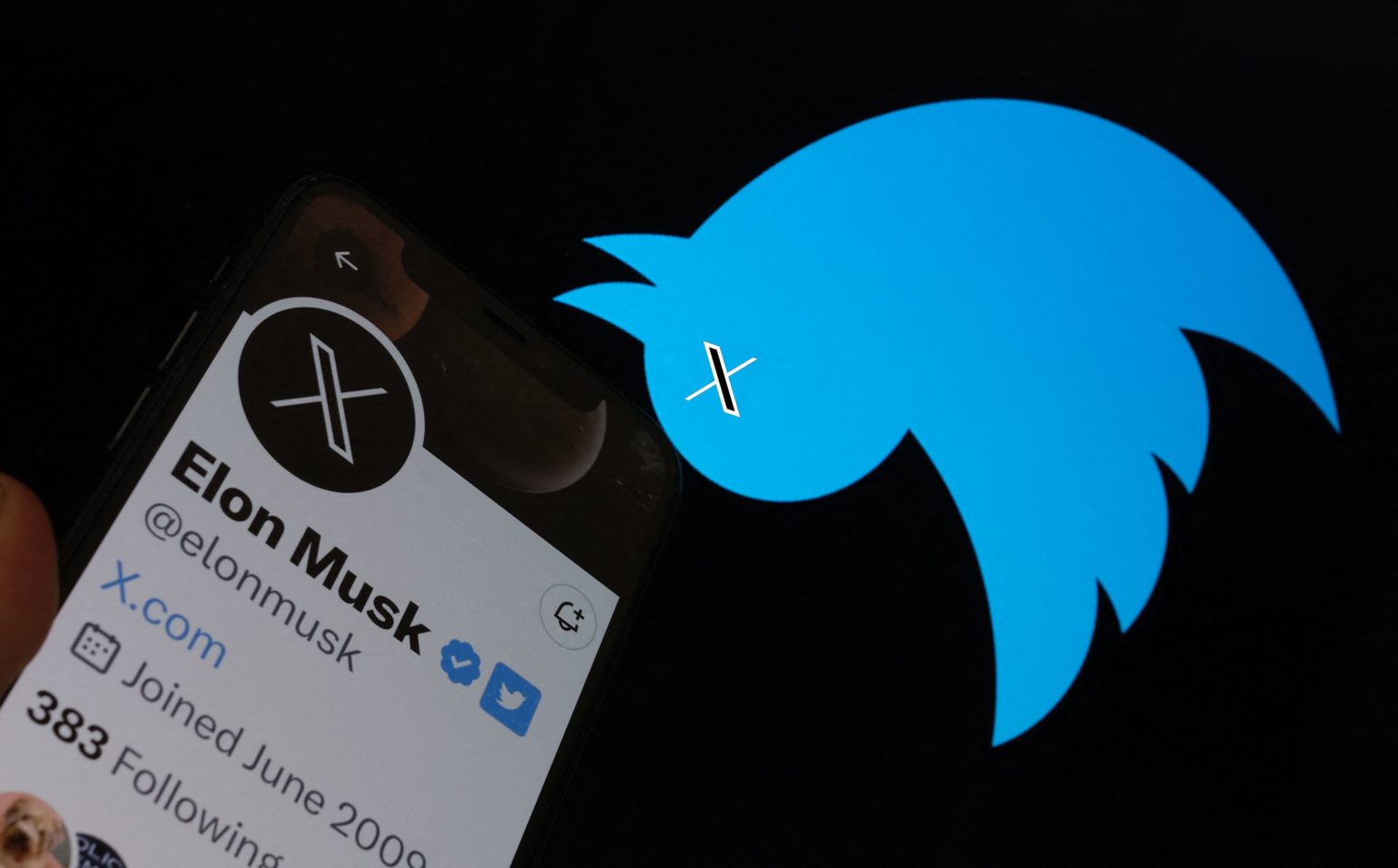The District Journal Team
X-ing out the bird: Twitter’s rebranding into X

Elon Musk, the billionaire futurist known for Tesla, SpaceX, and more, has embarked on a new venture: rebranding Twitter, the world-famous social media platform, and transforming it into a super app named X. His audacious vision is to create a versatile ecosystem where users can communicate, shop, consume entertainment, and more.
The inspiration for this rebrand might be traced back to Musk’s original brainchild, X.com, founded in 1999 as a financial platform that later morphed into PayPal. And now, Musk seeks to bring this ambition to life by taking Twitter to uncharted, but visionary, waters.
Musk’s ambitious project takes inspiration from China’s WeChat, a successful model for a super app that allows users to perform a multitude of tasks ranging from ordering groceries and booking yoga classes to paying bills and socializing.
However, despite Musk’s long-held ambitions and the considerable amount of resources he has already invested (e.g., $44 billion to acquire the social network), this vision may soon become a considerable gamble: Can Twitter truly emulate the multifaceted utility of WeChat? And, more importantly, is there even a demand for such a super app beyond China, especially when previous attempts by social platforms to integrate e-commerce have met limited success?
Mike Proulx, research director and vice president at Forrester, believes Musk’s vision to turn ‘X’ into an ‘everything app’ is not an easy feat. It requires time, money, and workforce – resources that the company currently lacks. Also, “by ditching Twitter’s name” Proulx added, Musk “will have single-handedly wiped out over fifteen years of a brand name that has secured its place in our cultural lexicon,” leaving him to start fresh at a precarious time for the company.

X-ing out the bird
The metamorphosis has already begun, with the stylized X logo replacing Twitter’s iconic bird. The X.com now redirects to Twitter’s homepage. In a further attempt to solidify the rebrand, Musk even told his followers that “tweets” should now be called x’s.
On Sunday, CEO Linda Yaccarino also affirmed Musk’s vision for the company, stating that “X is the future state of unlimited interactivity — centered in audio, video, messaging, payments and banking — creating a global marketplace for ideas, goods, services, and opportunities.”
In a tweet on Monday, Musk rationalized the rebranding, stating, “The Twitter name made sense when it was just 140 character messages going back and forth – like birds tweeting – but now you can post almost anything, including several hours of video.” He added that in the upcoming months, they would introduce comprehensive communication means and the ability to conduct financial transactions, rendering the Twitter name incompatible in that context.
However, realizing Musk’s super-app vision isn’t devoid of obstacles. Since Musk’s acquisition of the big social media, a major staff reduction and controversial policy decisions have left the company in a tumultuous state. Twitter also faces stiff competition from Meta’s Threads app together with a great deal of financial struggles – 50% drop in ad revenue.
It is clear that integrating WeChat-like features into western social platforms is a complex challenge. A report published by Deloitte suggests that Western markets are unlikely to witness “a single, dominant super-app in the near term” since digital payment and ride-hailing services “already have too many well-established players.”
Numerous tech platforms have found it hard to emulate the Chinese’s company without success. Social media giant Meta, formerly known as Facebook, suffered a significant setback in its attempt to create a digital currency and payment system due to intense regulatory scrutiny. Similarly, TikTok and Instagram have reportedly curtailed their e-commerce ambitions due to a lack of user traction.
The ambitious rebranding of Twitter to X is fraught with risks, and many question the wisdom of such a move without introducing significant new features. As Joshua White, assistant professor of finance at Vanderbilt University, notes, this feels like a “desperate attempt for attention.” But, is it? Elon Musk, an entrepreneur renowned for his audacious risk-taking, has consistently bet against conventional wisdom and emerged victorious. Is this venture another strategic masterstroke, or is it a misjudged leap into the unknown? Only time will tell.
